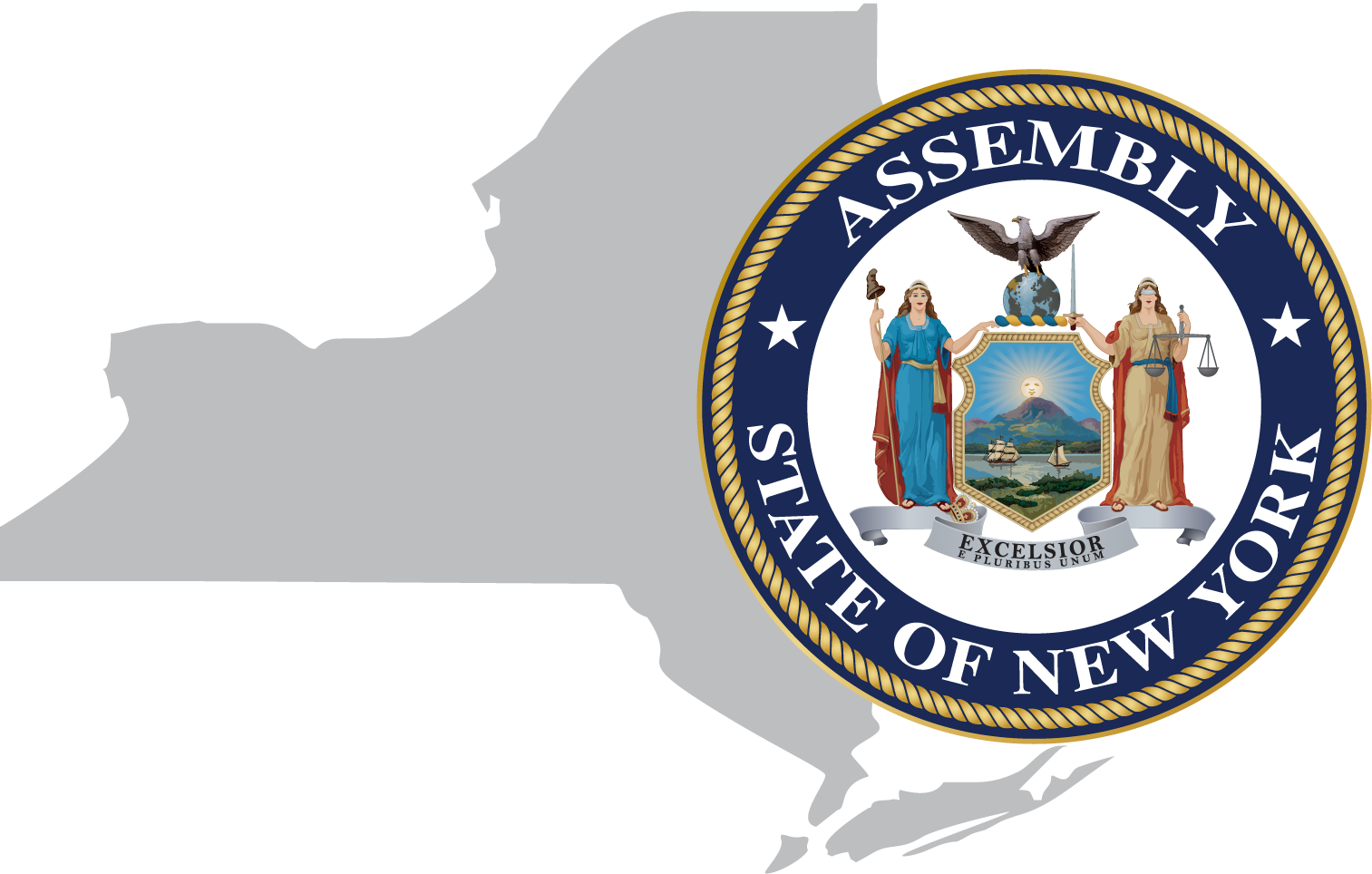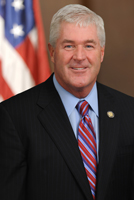Assembly Minority Members Express Concerns Over Farmworker Bill, Call For Public Hearings
Assembly Minority Leader Brian M. Kolb (R,C-Canandaigua) and Assemblyman Ken Blankenbush (R,C,I-Black River), the Conference’s ranking member on the Committee on Agriculture, were among a number of signatories who penned a letter to the Assembly Majority leadership calling for a series of public hearings regarding the Farmworkers Fair Labor Practices Act (S.2837/A.2750). A copy of the letter can be viewed here.
The bill, sponsored by two state legislators from New York City, would overhaul operations of family farms by introducing costly and unreasonable workforce mandates into one of New York’s most important industries. The signing members said their constituents have expressed serious reservations about the bill, which would dramatically raise costs on family farms that are already squeezed by New York’s suffocating business environment. Some objections already raised include:
- Farm schedules are heavily dictated by weather and natural phenomena; collective bargaining, mandatory rest and overtime would be incredibly difficult to manage in an industry so subject to unpredictability.
- Commodity prices, which are already low, are set largely by demand. Imposing new costs now could be catastrophic to farms grappling for income.
- A farm workers’ strike puts a given season’s crop and the lives of livestock in jeopardy. These losses would be crippling to small businesses that likely will not be able to overcome them.
- Under this proposal, farms will likely need to move toward lower-labor crops or increase automation, killing both jobs and crop diversity in New York State.
“The costs to farms brought on by this bill are staggering, and will ultimately be passed down to consumers. New York’s farms have already been suppressed by the weight of one of the most restrictive tax and regulatory burdens in the nation. Passing this bill is akin to breaking the camel’s back with an anvil,” said Leader Kolb. “We are calling for immediate hearings on the impact of this bill, so as to give the public, namely the many farmers who will be subject to this legislation, a chance to explain to the New York City-based legislators pushing this bill exactly what will happen if it passes.”
On March 15, Assemblyman Palmesano and Sen. Thomas O’Mara formally requested public hearings on the bill. The Senate held only three hearings, and the Assembly has refused to engage the public in a similar fashion.
“New York’s agriculture industry is so important to the economic well-being of the state. It is responsible for thousands of jobs, much-needed foods and is a cornerstone of the culture of New York,” said Blankenbush. “Taking such drastic steps, at this time, is dangerous. It threatens to disrupt an already delicate ecosystem, and I wholeheartedly hope this bill is put aside until a better plan can be put in place.”
“To move forward with this bill with no formal feedback from the farmers it affects is blatant neglect,” said Palmesano. “I have heard from many farmers and those in the agricultural community who are deeply concerned about the significant negative consequences this bill will have on their livelihood and the future of their farming operations. I am disappointed at both the proposal and the process thus far, and I sincerely hope Assembly Majority leadership heeds the calls of Upstate farmers who feel unheard.”
According to information from the Farm Bureau, agriculture is approximately a $5 billion per year industry, employing nearly 198,000 people on more than 35,000 farms in the state.

